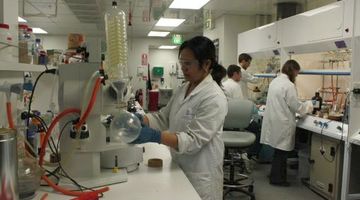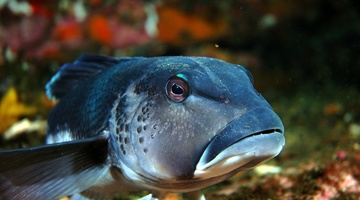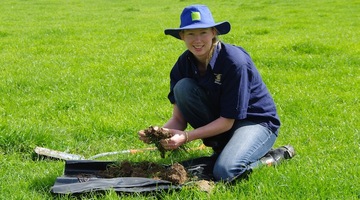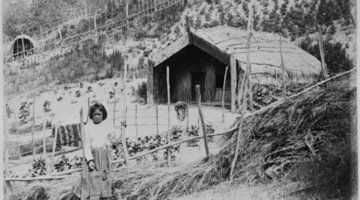

This online PD session recorded on 19 May 2015 explores ideas for using the Science Learning Hub’s resources to introduce students to the wide range of science research carried out by New Zealand ...
READ MORE

When well managed, class discussion can help students examine, evaluate and share knowledge about a subject, providing opportunities for students to think critically and creatively, consider ...
READ MORE

There are many marine classroom activities and resources on the Science Learning Hub useful for Seaweek 2015. This online PD session recorded on 19 February 2015 shows primary and secondary ...
READ MORE

Observation is something we often do instinctively. Observation helps us decide whether it’s safe to cross the road and helps to determine if cupcakes are ready to come out of the oven ...
READ MORE

When Māori arrived in Aotearoa/New Zealand in the late 13th century, they found a land quite different to the Polynesia from which they had travelled. The cooler climate meant that some of the ...
READ MORE

Soil, dirt, earth, muck – there are lots of words for soil. One we don’t often hear associated with soil is life. Soil keeps us alive Where would be without soil? According to one soil scientist ...
READ MORE

In this activity, students use a picture book and/or dig a hole to learn more about soil, observation and inference in science. By the end of this activity, students should be able to: make ...
READ MORE

In this activity, students gather soil samples from their homes to view how soils differ from location to location. By the end of this activity, students should be able to: observe similarities ...
READ MORE

In this activity, students observe billions of soil microbes and ‘see’ microbes at work as they soft boil an egg in a compost bin. By the end of this activity, students should be able to: discuss ...
READ MORE
Professor Louis Schipper from the University of Waikato explains how soil is formed.
READ MORE
New Zealand has over 200 known species of earthworms. Most of these are natives and are found nowhere else in the world. Many of our native earthworms live in remote forest habitats so we don’t ...
READ MORE
Along with the water we drink and the air we breathe, soil is one of our most important natural resources. We need to protect soil by keeping it healthy and using it wisely. Soil scientists help ...
READ MORE

Discover a range of scientific approaches – select a label for videos and more information to support your understanding.
READ MORE

Sea stars have many weird and wonderful adaptations including both sexual and asexual reproduction. Click on any of the labels in this interactive to view short video clips or images to learn ...
READ MORE

Sea stars have many weird and wonderful adaptations – including some unusual internal systems. Click on any of the labels in this interactive to view short video clips or images to learn more ...
READ MORE